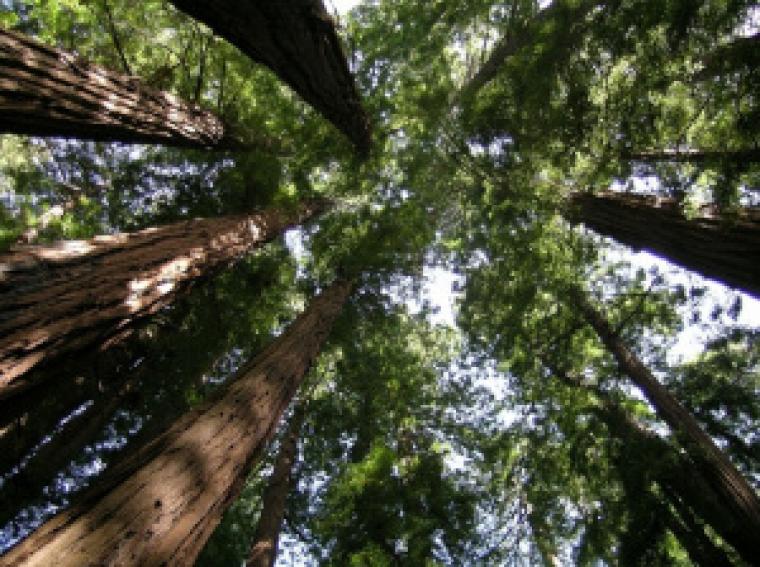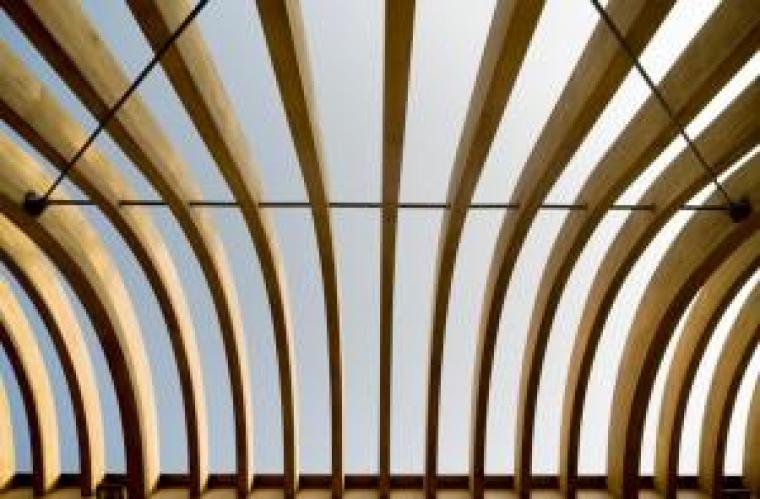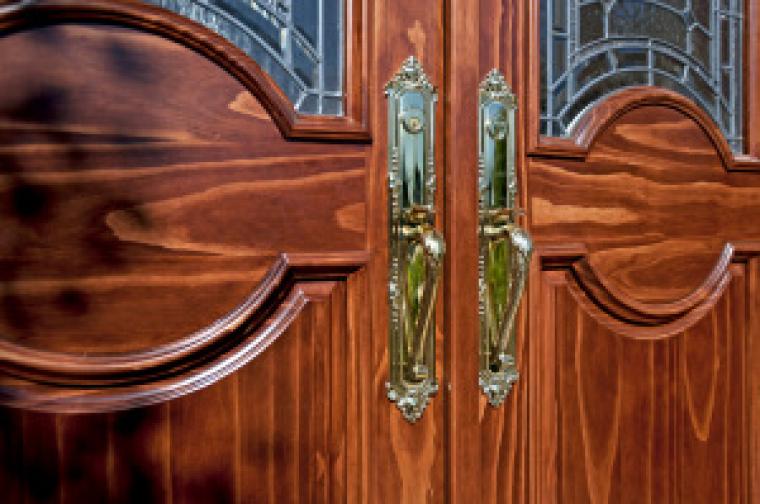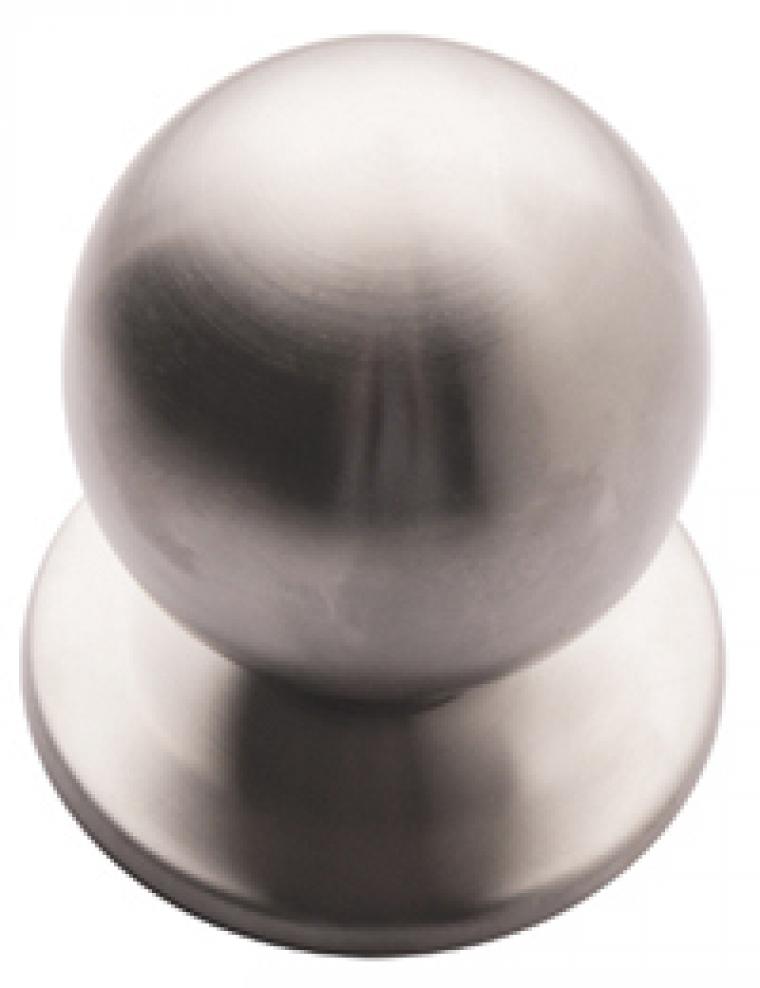5 Facts About Accoya
Right, so why have you never heard of the Accoya tree? Well that’s because they don’t exist. Accoya starts of as Radiata Pine that is nearly always plantation grown. The Radiata Pine is harvested and then goes through a process of acetyation. This process creates a highly durable (as good as teak!) and stable timber. Ideal for external joinery and cladding without the need to use preservatives. Its properties mean it’s a viable and higher performing option when compared to hardwoods.
1 - Weight: Accoya is a medium to lightweight material with an average weight of 512kgm3. Accoya has been used for structural purposes but is most commonly used for external joinery such as windows and doors.

2 - Durability: This is where Accoya really excels. It is TRADA class 1 and performs even better than teak. This is thanks to the acetyation process. Acetyation changes the wood and almost eliminates the woods ability to absorb water. This makes it stable and no longer digestible. Acetyation does not use any harmful poisons. It uses acetic acid (also known as vinegar in it’s diluted form) to change the timber.

3 - Certification: The Radiata pine used to make Accoya is typically plantation grown in New Zealand. It is PEFC and FSC certified. The great thing about Radiata Pine is that it grows very quickly so new timber is soon at hand. This contrasts starkly with most hardwoods that at the present time are not plantation grown. Always work with certified timber when you can. Ask your supplier for their chain of custody number to ensure the timber is legally harvested.
4 - Grades: Accoya has it’s own grading criteria. A1 has small and very few knots or defects. A2 and A3 have a higher instance of knots and defects (although still very few). There is also a B grade that has large knots and would not be suitable for making windows or doors.

5 - Corrosive: Accoya should be treated like oak. Give careful thought to the types of fixings you are planning to use. Accoya is normally used in external or wet internal applications. The water will dramatically accelerate the corrosion of many metals. Therefore select good quality stainless steel or brass fixings for maximum durability and to prevent corrosion.

